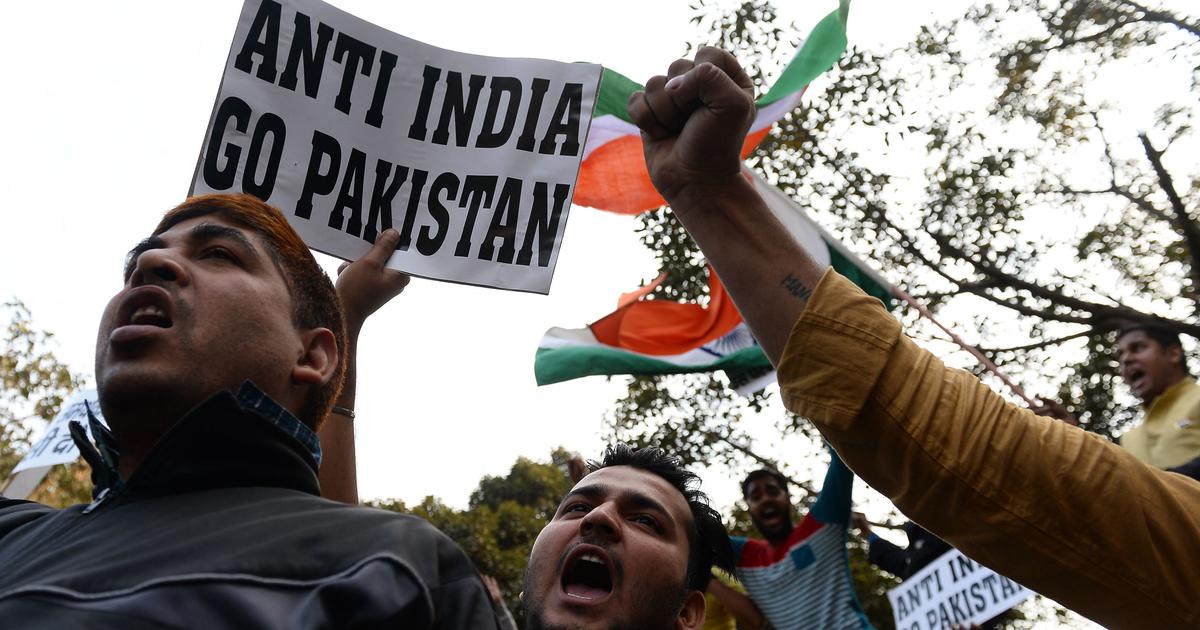Silent universities, collapsing republics: When thought becomes a crime

On May 19, Ali Khan Mahmudabad, an associate professor and the head of political science at Ashoka University, was arrested for social media posts on India’s military strikes. Nothing in his posts violated any laws. The Supreme Court granted him interim bail on Wednesday but ordered the formation of a special investigation team to look into the “meaning of the words” in the post.
But more revealing than Mahmudabad’s arrest and subsequent bail was the instructive silence of the university.
Ashoka University said nothing in support of its own faculty, its bland statement not defending the right to expression, the autonomy of scholarship nor upholding its duty to protect inquiry. The university did not even ask for a fair hearing.
Across borders, the university is being recast not as a site of contestation but as a risk-managed institution of reputation and restraint.
In Thailand, American scholar Paul Chambers was arrested in April for his remote association with a webinar deemed offensive. He had not spoken at the event, nor organised it.
In the United States, Badar Khan Suri, a postdoctoral scholar at Georgetown University, was detained in March by immigration officials who accused him of “supporting Hamas”. US immigration officials have cracked down on scholars and students for pro-Palestinian activism since February.
South Korean scholar...
Read more
News